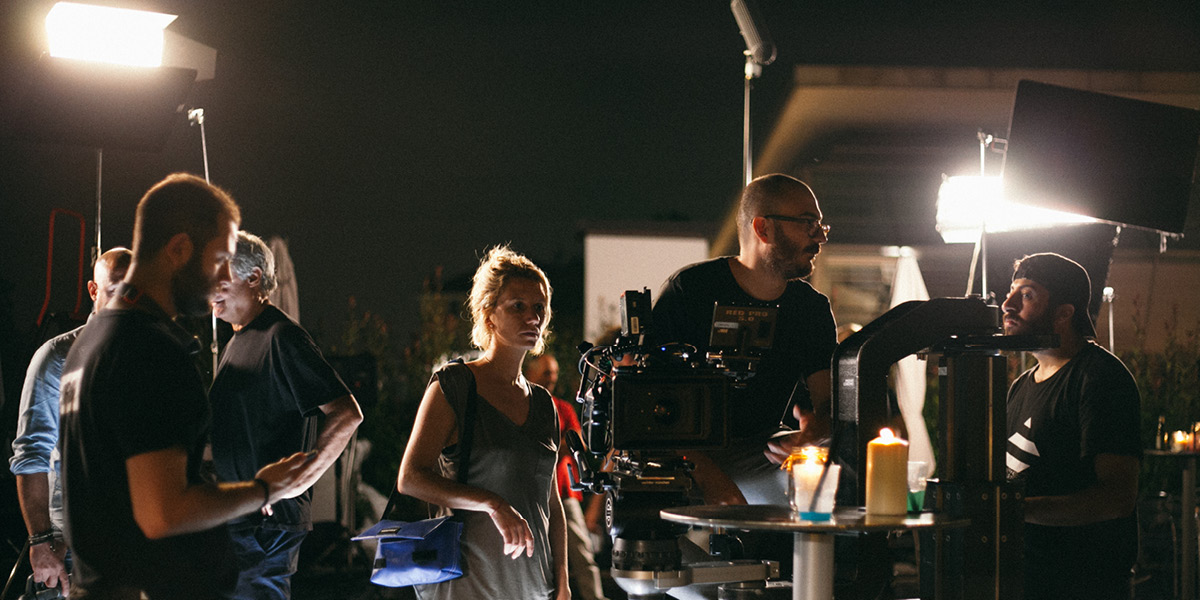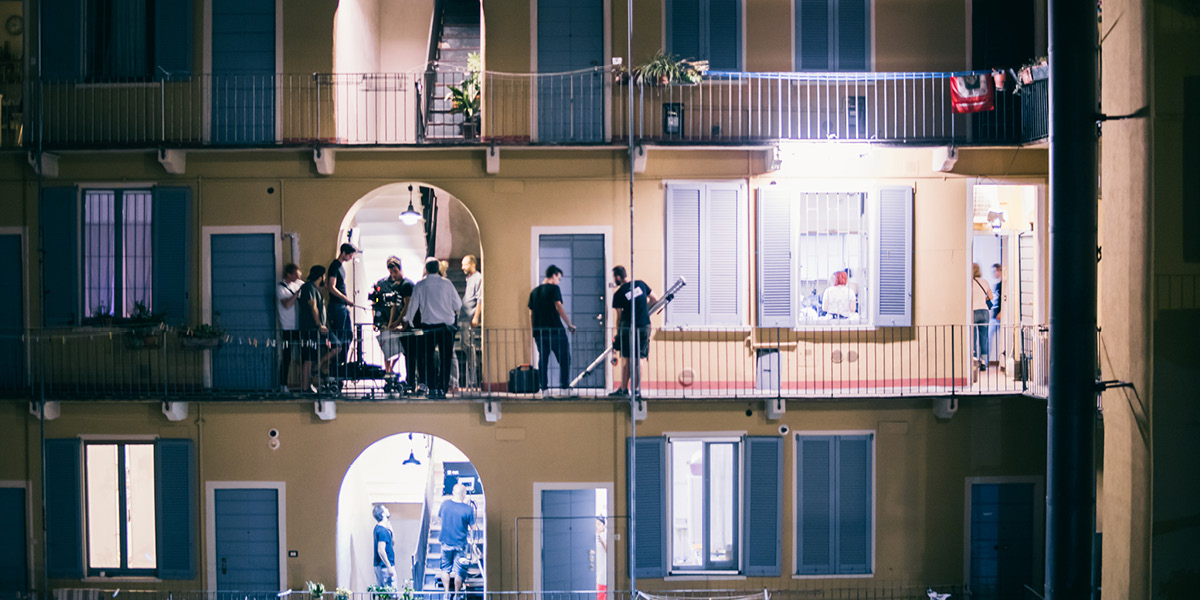-
How to become
Compositor

Who is a Compositor
In the digital arts sector, the profiles who collaborate to reach a stylistically coherent and appealing end result must now have a high degree of specialisation. Within a team creating video games, or multimedia marketing campaigns, or videos, we also find Compositors – a professional profile combining and integrating the visual elements of a project to shape engaging images.
What do Compositors do?
Generally speaking, a Compositor's role is to take and combine separate visual elements such as images, animations and special effects into a consistent style. The tasks include composing and integrating these visual elements into a single image or sequence. In this phase, for example, special effects are added and elements compromising the final result’s visual harmony are removed. Activities include colour correction, lighting adjustment, sharpness and contrast enhancements, light and shadow creation and perspective changes. Finally, these professionals may be involved in the creation of complex visual effects to enrich the scenes’ atmosphere.
What skills should Compositor have?
A combination of technical, artistic and communication skills represent a Compositor's basic background. Image treatment, in fact, is the result of teamwork requiring solid collaboration among the professionals who belong to it.
- Software knowledge: image composition and editing programmes include Adobe After Effects, Nuke, Autodesk Flame or Blackmagic Fusion.
- Knowledge of image theory: being aware of the principles of composition, colour grading, light and shadow, perspective and other fundamental visual elements is indispensable for producing convincing visual content.
Creativity and visual thinking: Compositors must think creatively and visualise the desired end result, interpreting the vision of the project’s owner or client.
How to become a Compositor?
From understanding the fundamentals of imaging to the technical skills listed above, becoming a Compositor requires study, refining one's artistic qualities and experimenting. The Three-year BA Program in Creative Technologies at NABA transfers the basic knowledge and skills and then deepens this role’s aspects in practical design courses. Through workshop practice, the first steps are taken into the world of concept art and 3D modelling up to composing multimedia works with complex characters, settings and special effects.

